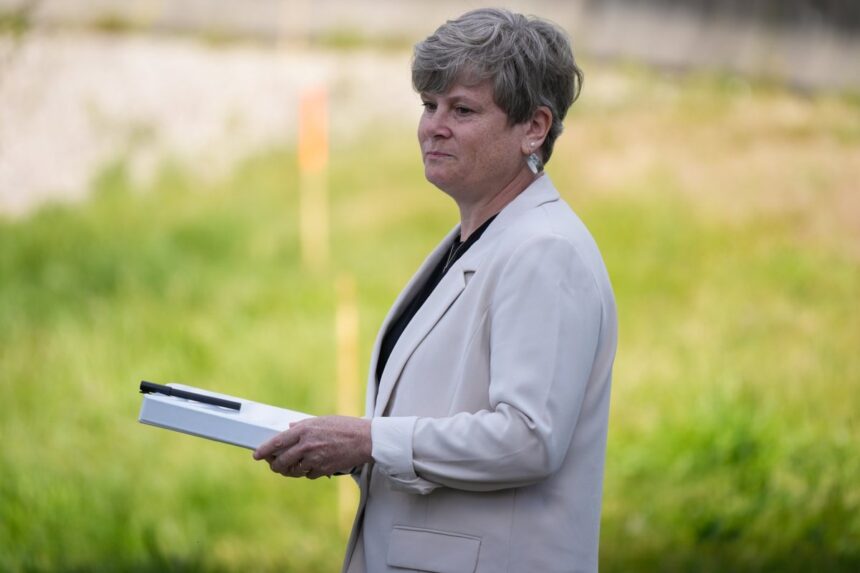In an unprecedented wave of protest, multiple members of British Columbia’s drug advisory committee have resigned following a contentious ministerial intervention that bypassed their expert recommendations. The controversy erupted after Health Minister Adrian Dix personally approved coverage for a $2.5 million medication to treat a child with a rare neurodegenerative disease, despite the committee’s previous decision against funding the drug.
The resignations have thrown the province’s drug assessment process into disarray, with critics arguing that political considerations have undermined the evidence-based framework designed to evaluate medication coverage. At the center of this storm stands a young girl named Lexi, who suffers from CLN2 Batten disease, a devastating genetic condition that progressively destroys brain cells and typically leads to death between ages 8 and 12.
“The process was circumvented for political reasons,” said a committee member who requested anonymity due to professional concerns. “While we all sympathize with Lexi’s family, we have to consider the broader implications of approving treatments without sufficient evidence of efficacy.”
Minister Dix has since publicly apologized to Lexi’s family for the delays in approving cerliponase alfa, sold under the brand name Brineura. The drug, which costs approximately $1 million annually per patient, is administered directly into the brain through a surgically implanted reservoir.
“I recognize the extraordinary situation faced by this family,” Dix stated at a press conference. “However, I also understand the committee’s responsibility to ensure that limited healthcare dollars are allocated based on demonstrable clinical benefits.”
This case highlights the growing tension between compassionate treatment access and sustainable healthcare funding in Canada. Provincial drug advisory committees typically evaluate medications based on clinical effectiveness, cost-effectiveness, and budget impact – creating difficult decisions when extremely expensive treatments offer limited or uncertain benefits.
Lexi’s mother, Cheryl Garneau, expressed relief at the approval but frustration with the process. “No family should have to fight this hard to get life-saving treatment for their child,” she told reporters. “Every day of delay meant irreversible damage to Lexi’s brain.”
Healthcare policy experts note that such ministerial interventions, while rare, create problematic precedents. Dr. Michael Klein, professor emeritus at the University of British Columbia, explained: “When political decisions override evidence-based recommendations, it undermines the entire system designed to make fair and consistent funding decisions for all patients in British Columbia.”
The departed committee members, who include physicians and pharmacists with expertise in health economics and clinical evaluation, raised concerns about the sustainability of the drug program if emotional appeals and media attention, rather than clinical evidence, drive coverage decisions.
The province has indicated it will seek to fill the vacated positions promptly to ensure continuity in the drug review process. Meanwhile, advocacy groups for rare disease patients have applauded the minister’s decision, suggesting it demonstrates necessary flexibility in a system they view as overly rigid.
As provincial health systems across Canada grapple with the increasing availability of ultra-expensive therapies for rare conditions, this case raises a profound question for society: How do we balance compassion for individual patients against the responsibility to allocate limited healthcare resources in ways that benefit the greatest number of people?

























